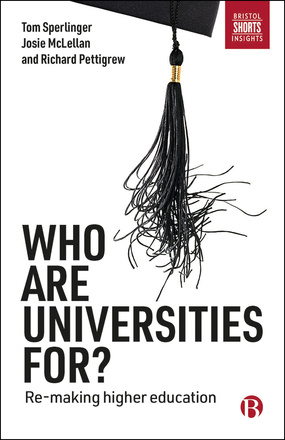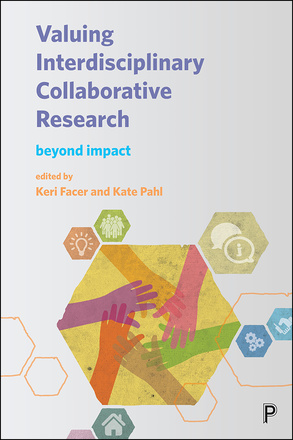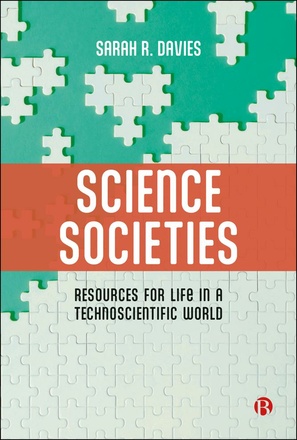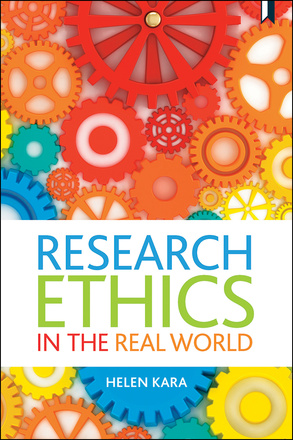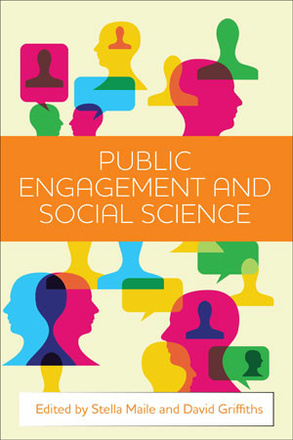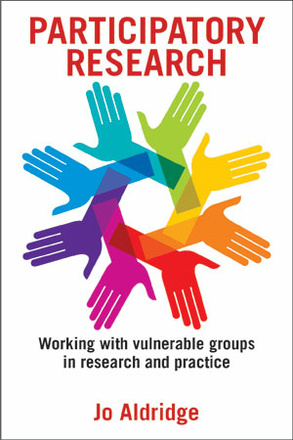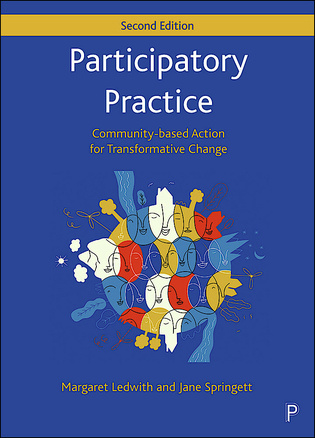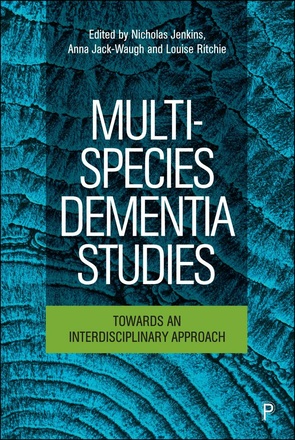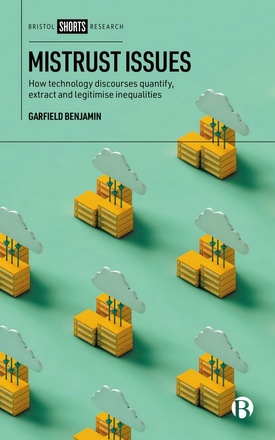Challenge-Led Research Practices
Who are Universities For?
Re-making Higher Education
Who are universities for? argues for a large-scale shake up of how we organise higher education. It includes radical proposals for reform of the curriculum and how we admit students to higher education. Offering concrete solutions, it provides a way forward for universities to become more responsive to challenges.
Valuing Interdisciplinary Collaborative Research
Beyond Impact
Universities are increasingly taking an active role as research collaborators with citizens, public bodies, and community organisations but they, their funders and institutions struggle to articulate the value of this work. This book addresses the key challenges in collaborative research in the arts, humanities and social sciences.
The Trouble with Speculation
Natures, Futures, Politics
The Soul of a University
Why Excellence is not Enough
How can we re-establish universities’ social purpose? The solution lies with asking not only ‘what are we good at?’, but also ‘what are we good for?’. Chris Brink shows how universities can – and should - promote positive social change.
Social Policy First Hand
An International Introduction to Participatory Social Welfare
Social Policy First Hand is the first comprehensive international social policy text from a participatory perspective and presents a new service user-led social policy that addresses the current challenges in welfare provision.
Science Societies
Resources for Life in a Technoscientific World
Scientific and technical expertise, now largely understood as the ultimate source of authoritative knowledge, are vital to how our societies operate. This punchy introduction to thinking about science-society relations draws on research and concepts to argue for the importance of knowing.
Research Ethics in the Real World
Euro-Western and Indigenous Perspectives
Research Ethics in the Real World highlights the links between research ethics and individual, social, professional, institutional, and political ethics. Helen Kara considers all stages of the research process and provides guidance for quantitative, qualitative, and mixed-methods researchers about how to act ethically throughout.
Public Engagement and Social Science
This original edited collection explores the value of public engagement in a wider social science context. Its main themes range from the dialogic character of social science to the pragmatic responses to the managerial policies underpinning the restructuring of Higher Education.
Participatory Research
Working with Vulnerable Groups in Research and Practice
This book examines the nature of participatory research in the social sciences and its role in increasing participation among vulnerable or marginalised populations. It examines the ways in which inclusion and collaboration in research can be enhanced among vulnerable participants, and shows how useful it can be with these groups.
Participatory Practice
Community-based Action for Transformative Change
This unique, holistic and radical perspective on participatory practice has been updated to reflect on advances made in the past decade and the impact of austerity. The innovative text bridges the divide between community development ideas and practice and considers how to bring about transformative social change.
Multi-Species Dementia Studies
Towards an Interdisciplinary Approach
This edited book explores multi-species approaches to dementia care. Drawing on work linking social and veterinary sciences, it offers readers the tools to respond to dementia in a multi-species way. Contributors examine diverse settings, from labs to living rooms, emphasizing the possibilities of a 'more-than-human' perspective.
Mistrust Issues
How Technology Discourses Quantify, Extract and Legitimize Inequalities
Discussing the political understandings of trust and mistrust in the context of data, AI and technology at large, this book defines a process of trustification used by governments, corporations, researchers and the media to legitimise exploitation and the increasing of inequalities.







